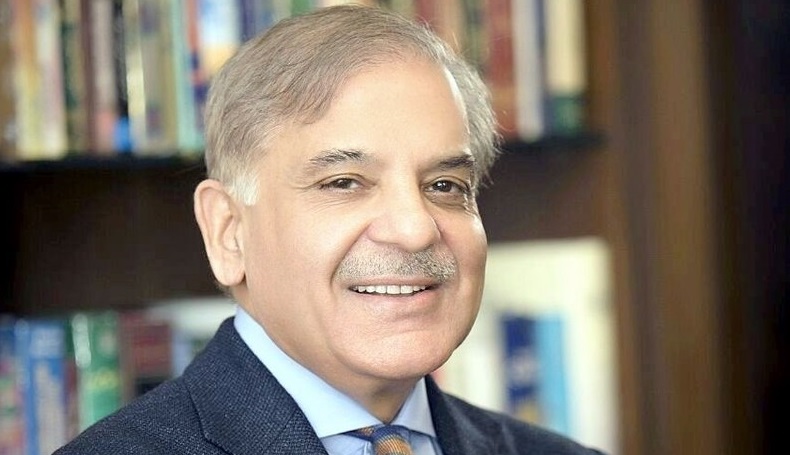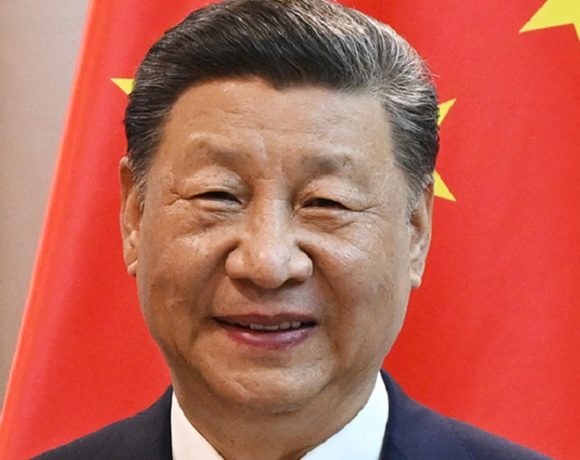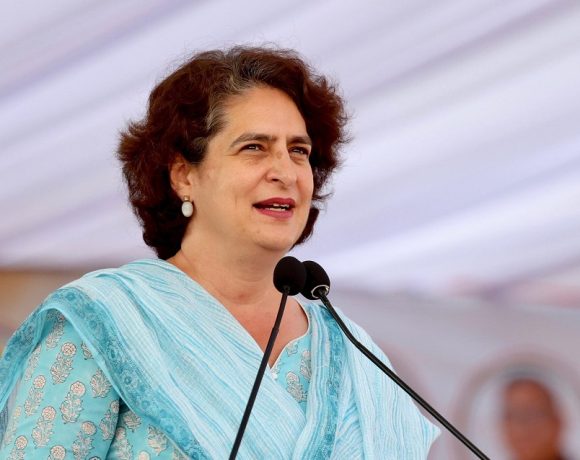
Shehbaz Sharif Admits Indian Strike on Nur Khan Base
In a rare and significant acknowledgment, Pakistan’s Prime Minister Shehbaz Sharif confirmed that Indian ballistic missiles struck Nur Khan Airbase and other sites within Pakistani territory during Operation Sindoor. This public admission represents a sharp deviation from Pakistan’s longstanding policy of denial regarding Indian military operations across the border.
According to Sharif, the confirmation came via a secure call from Chief of Army Staff General Syed Asim Munir at approximately 2:30 am on May 10.
“At around 2:30 am on May 10, General Syed Asim Munir called me on a secure line and informed me that India’s ballistic missiles have hit Nur Khan Airbase and other areas,” Sharif stated during a televised address.
The Nur Khan Airbase, located in Rawalpindi near Islamabad, holds immense strategic value. It has been a key node for Pakistan’s air logistics and command operations, making it a symbolic and tactical target during the Indian offensive.
Operation Sindoor: India’s Retaliation After Pahalgam Attack
India launched Operation Sindoor on May 7, following the April 22 terrorist attack in Pahalgam that claimed 26 lives, including civilians and security personnel. The Indian Armed Forces responded with precision strikes targeting terror camps and infrastructure in Pakistan-occupied Kashmir and within Pakistan’s borders.
The offensive resulted in the elimination of over 100 terrorists linked to groups such as Jaish-e-Mohammed, Lashkar-e-Taiba, and Hizbul Mujahideen. As part of this larger operation, missile strikes hit the Nur Khan Airbase and additional radar and airfield installations across 11 Pakistani military locations.
India’s use of airpower and tactical missiles was intended to degrade Pakistan’s retaliatory capacity, with major radar systems, drone launch points, and communication lines reportedly rendered inoperative.
Escalation and Ceasefire Mediation
Following the Indian strikes, Pakistan retaliated through cross-border shelling in Jammu and Kashmir and by deploying drones in Indian airspace, several of which were intercepted and destroyed by Indian air defence units. These developments raised alarms of full-scale escalation.
However, by the evening of May 10, a ceasefire agreement was reached. Diplomatic backchannels, primarily involving the United States, United Kingdom, and Gulf nations, facilitated the de-escalation. U.S. President Donald Trump later praised both countries for stepping back and revealed plans for future peace talks at a neutral location.
The Strategic and Political Significance
Sharif’s public confirmation of Indian strikes on Pakistani soil is politically and militarily significant. It reflects the scale and impact of Operation Sindoor and indicates internal pressure within Pakistan to acknowledge the damage caused, especially at strategic military nodes like Nur Khan Airbase.
This admission also opens new avenues for transparency in South Asian security dialogues. While both sides remain heavily fortified and historically distrustful, public acknowledgment of military engagements could act as a stepping stone for future crisis management frameworks.
India, meanwhile, has not issued an official statement confirming the Nur Khan strike, maintaining strategic ambiguity. However, defence analysts believe the silence serves to avoid international pressure while conveying a strong deterrent message to Islamabad.


















